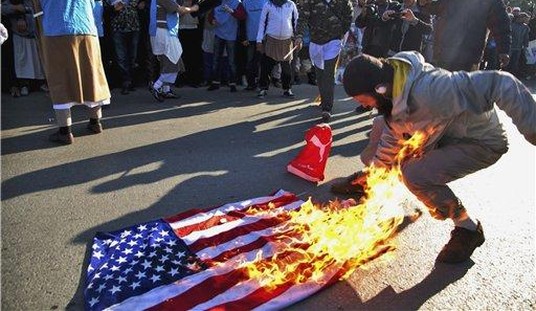The US offer to supply American nuclear technology to India has not been universally acclaimed. India’s opposition parties have attacked the deal out of claims that it leaves foreign policy hostage to Washington’s influence, and there is no absolute guarantee that the deal will get approved by legislators in Washington, some of whom will claim that it weakens the nuclear non-proliferation regime. The Nuclear Supplier’s Group (a group of countries which seeks to apply non-proliferation guidelines to the supply of nuclear materials) also needs to give its approval. Safeguards in the form of the subjection of India’s civilian nuclear program to International Atomic Energy Agency scrutiny may reassure a few doubters, but many will hold on to the view that the aims of the Nuclear Non-Proliferation Treaty, which India assuredly will still not sign, have suffered a further setback.
But that’s not the point. The deal transcends domestic politics. Nor is it really about the international legal basis of what the Indian and US governments agreed to at the end of July. The Indian nuclear deal is really about political symbolism. India now has the big tick in the box it was seeking. India has effectively been welcomed by the United States as an approved member of the international nuclear club. The signal has been given. Whatever happens now can’t really change that.
The deal is part of Washington’s welcoming of India as the next big thing in international politics. As the world’s largest democracy and the second most prominent rising power in Asia (after China), India is part of the unofficial Asian quad (alongside the US, Japan and Australia), which some political leaders in Washington and Tokyo are selling as a democratic concert but which looks a lot like a containment plan for China.
The main obstacle to Washington’s warming to New Delhi was the tension over India’s nuclear program. The tension began with the ostensibly “Peaceful Nuclear Explosion” India conducted over three decades ago. That rupture widened when India conducted a series of unequivocal nuclear weapons tests in 1998 which also brought neighbor Pakistan out of the nuclear closet. But as India’s economic, diplomatic and military strength grew, so did the difficulty of treating this great power as a nuclear outlaw.
The trick will be to include India in the group of great powers for whom nuclear weapons possession is legitimate, but not to let the precedent extend it further. Pakistan lacks India’s robust and democratic political processes; it allowed the AQ Khan network to engage in nuclear black market activities. Neither North Korea nor Iran have the political weight nor the safe reputation which justifies the Great Power treatment accorded to India. Another inconsistency to the non-proliferation regime remains in the blind eye which is so often turned towards Israel’s program, but this may be something of a special case that international politics has to put up with.
In extending this agreement to India, the Bush Administration has not let a very dangerous nuclear cat out of the bag. It has given a seal of approval to India’s status as one of the few great powers in international politics. But it’s now largely up to the United States, India and the other great powers (including China) to see if future nuclear proliferation challenges can be effectively managed.
Robert Ayson is the Director of Studies at the Australian National University’s Strategic and Defence Studies Center.









Join the conversation as a VIP Member